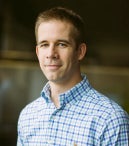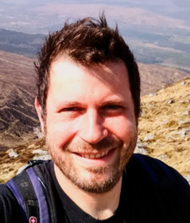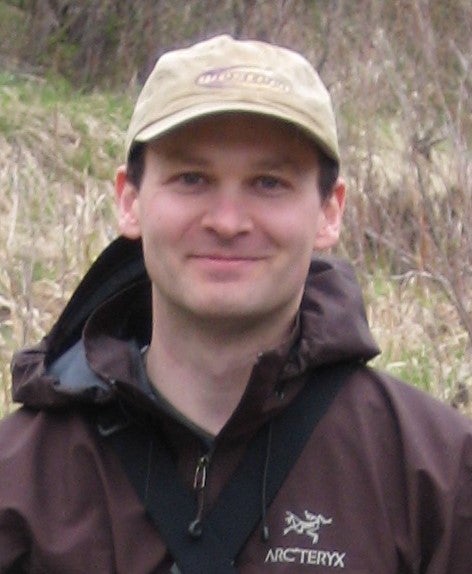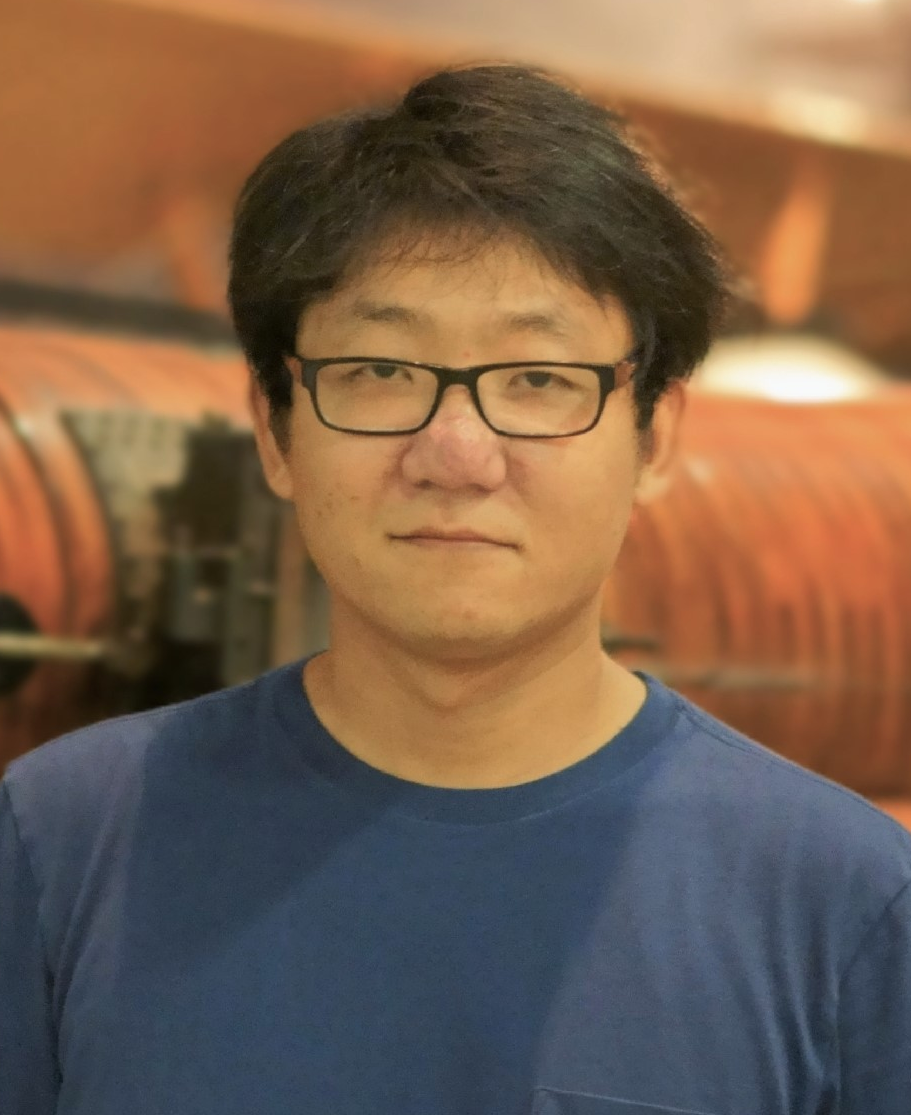Four new members have joined the Water Institute over the past few months, and although there are no current in-person events to help celebrate and welcome new talent to the Institute, we could not let the announcement slip beneath the radar.
It’s nice to have you onboard remotely, and we look forward to opportunities to collaborate!
 John
Quilty
John
Quilty

Assistant Professor, Faculty of Engineering, Department of Civil and Environmental Engineering
Before joining the University of Waterloo, John was a Research Associate in the Department of Bioresource Engineering at McGill University where he explored new machine learning approaches for forecasting rainfall, streamflow, and urban water demand. John has also worked as an engineer for the City of Ottawa supporting water utility operations.
John’s main research interest focuses on a holistic approach for including uncertainty estimation in machine learning-based forecasts that can better inform decision-makers faced with water resources problems such as droughts, floods, and dwindling groundwater reserves.
Thoughts on working from home: “Counter to others’ experiences, working from home has been a real blessing, I get to see more of my wife and 7-month old daughter!”
Looking forward to this when campus reopens: “I am looking forward to in-person communication when ‘life on campus’ resumes-dynamic interaction with students and colleagues is something that is difficult to replicate in a virtual environment.”
 Jozef
Nissimov
Jozef
Nissimov

Assistant Professor, Faculty of Science, Department of Biology
Jozef joined the University of Waterloo in March 2020 from Scotland where he was a Lecturer and a Principle Investigator at the Scottish Association for Marine Science. Prior to that, he was a postdoc research associate at Rutgers University in New Jersey. Jozef received his BSc and MSc from the University of Plymouth and his Ph.D. from the University of Nottingham in the United Kingdom.
Jozef’s main area of research examines viruses that interact with microorganisms in marine and freshwater environments. He is also interested in the evolution of microalgal viruses, and the costs associated with being a resistant to infection host cell. His work has taken him to some incredible places, including research cruises in the Atlantic and Pacific Oceans, and coastal campaigns in the fjords of Norway, the Arctic Circle, and Antarctica.
Thoughts on working from home: “Working at home has been a challenge. I have always enjoyed my job, and now more than ever, I miss going to work and meeting colleagues. The campus environment is a dynamic one and nothing can replace that.”
Looking forward to this when campus reopens: The university seems to have an incredible breadth of expertise and different research programs, so I would like to explore the collaborative possibilities this will present. I also look forward to setting-up my research program in the lab, ordering the laboratory equipment I need to get things going and get to know current undergraduate and graduate students. Finally, I look forward to interacting with the wider university research community through seminars and events.”
 Adam
Yates
Adam
Yates

Assistant Professor, Faculty of Science, Department of Biology
Adam joined the University of Waterloo on January 1, 2020, after eight years as an Associate Professor in the Department of Geography at Western University in London, Ontario.
Adam’s main area of research is in the field of aquatic ecology where he studies the connections between landscape patterns and processes and the ecology of stream ecosystems to generate aquatic monitoring and assessment tools.
Thoughts on working from home: “Great! Lots of work time in front of the fireplace with my vinyl collection on in the background.”
Looking forward to this when campus reopens: “Meeting and developing collaborations with the numerous excellent water researchers at the University of Waterloo.”
 Zhao
Pan
Zhao
Pan

Assistant Professor, Faculty of Engineering, Department of Mechanical and Mechatronics Engineering
Zhao joined the University of Waterloo last August from the Florida Center for Advanced Aero-propulsion at Florida State University where he was a postdoc. He received his Ph.D. from Brigham Young University in Provo, Utah.
Zhao is particularly interested in bio-inspired fluid physics and constantly looks for new interdisciplinary projects. Some of his recent studies include:
- How desert moss (Syntrichia caninervis) drinks water from humid air? We can learn from this tiny moss and develop fog harvest systems to help people and plants live in dry areas.
- Inspired by the huge droplets held on cypress tree leaf tips, we may invent whole new hydroponics techniques.
- How fundamental fluid mechanics, such as bubbles and droplets, might inform marine structure design, underwater explosion, and hydroelectricity.
Thoughts on working from home: “I try to do some bubble and droplet experiments in my kitchen. A noise-canceling earphone is helpful when my neighbors mow the lawn every day.”
Looking forward to this when campus reopens: “So many... teach in a classroom, have coffee with my students and colleagues, do experiments in the lab, not my kitchen, use 3D printers...”
Please join us in welcoming the new Water Institute members.